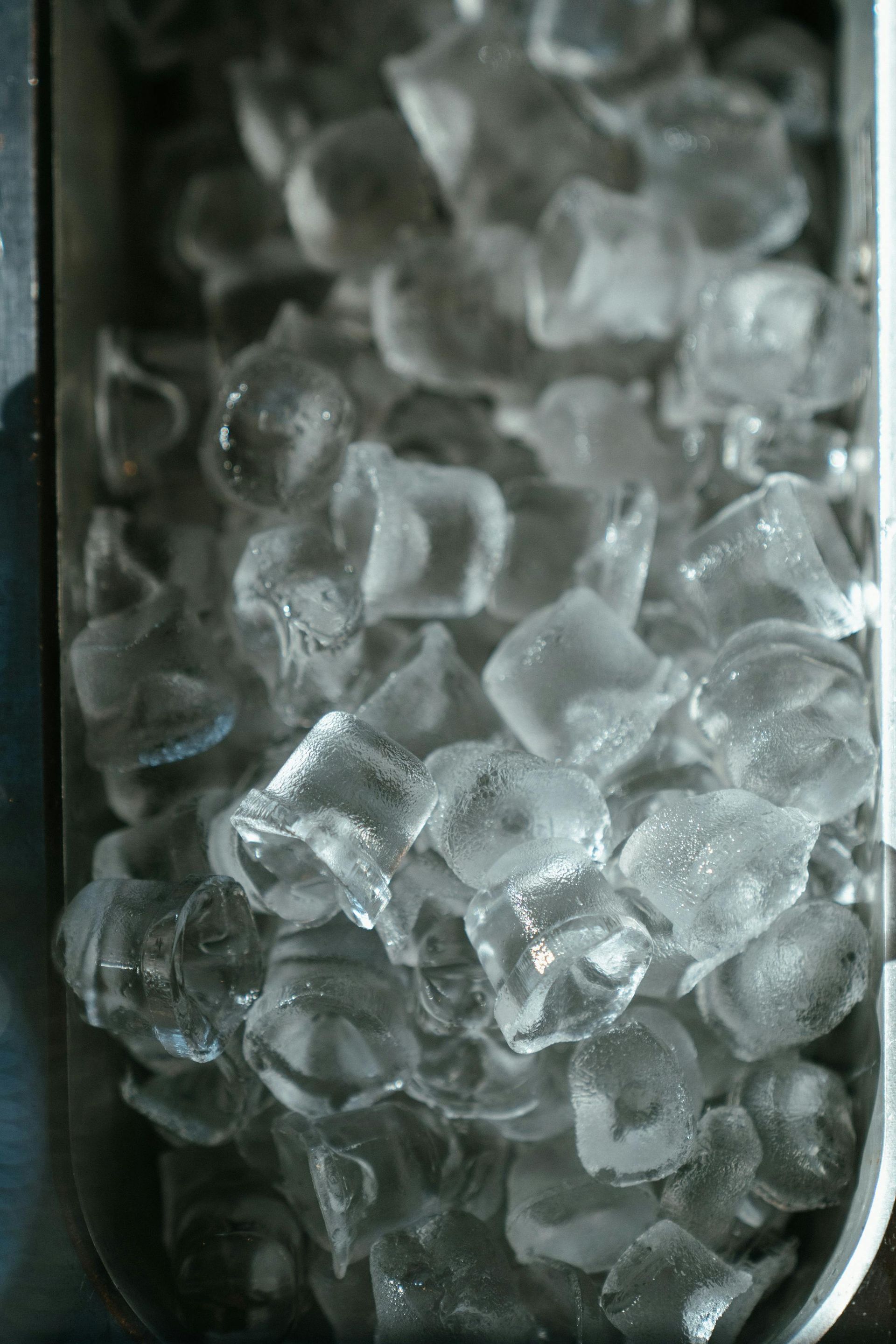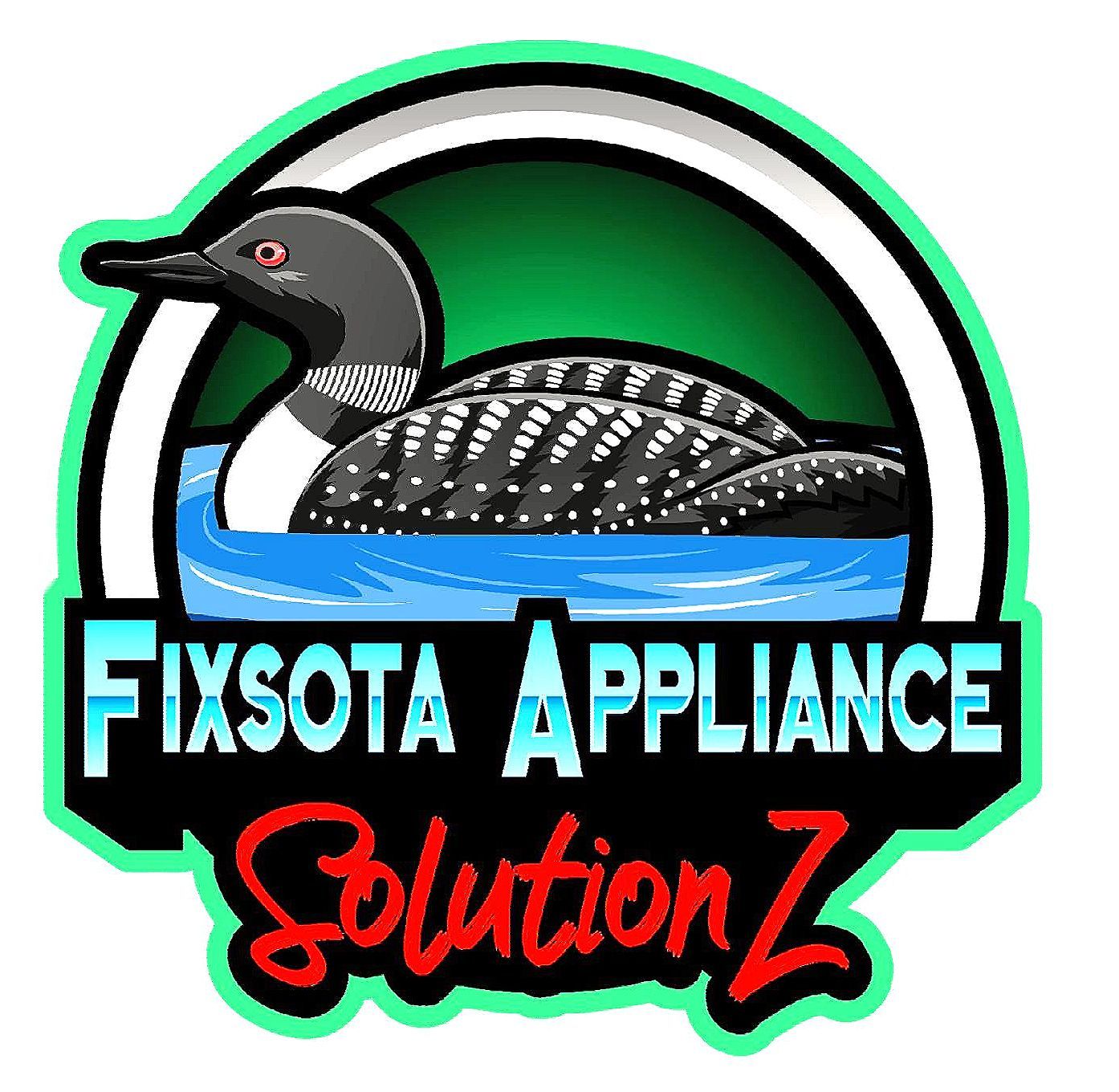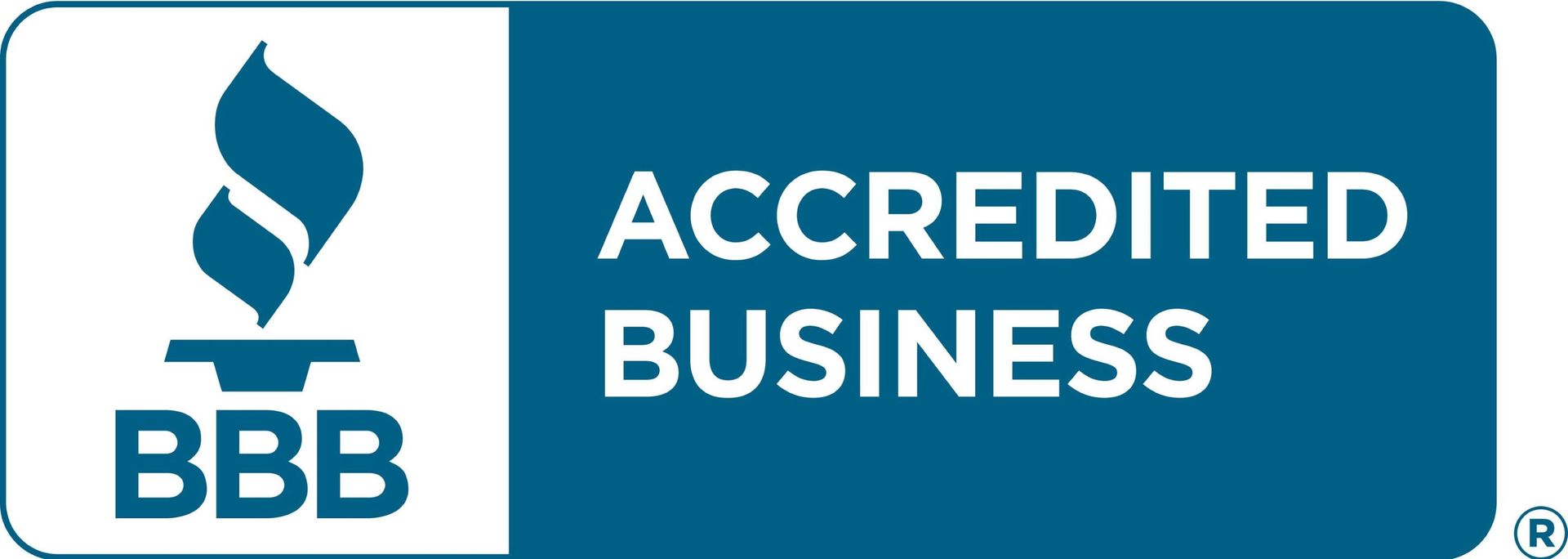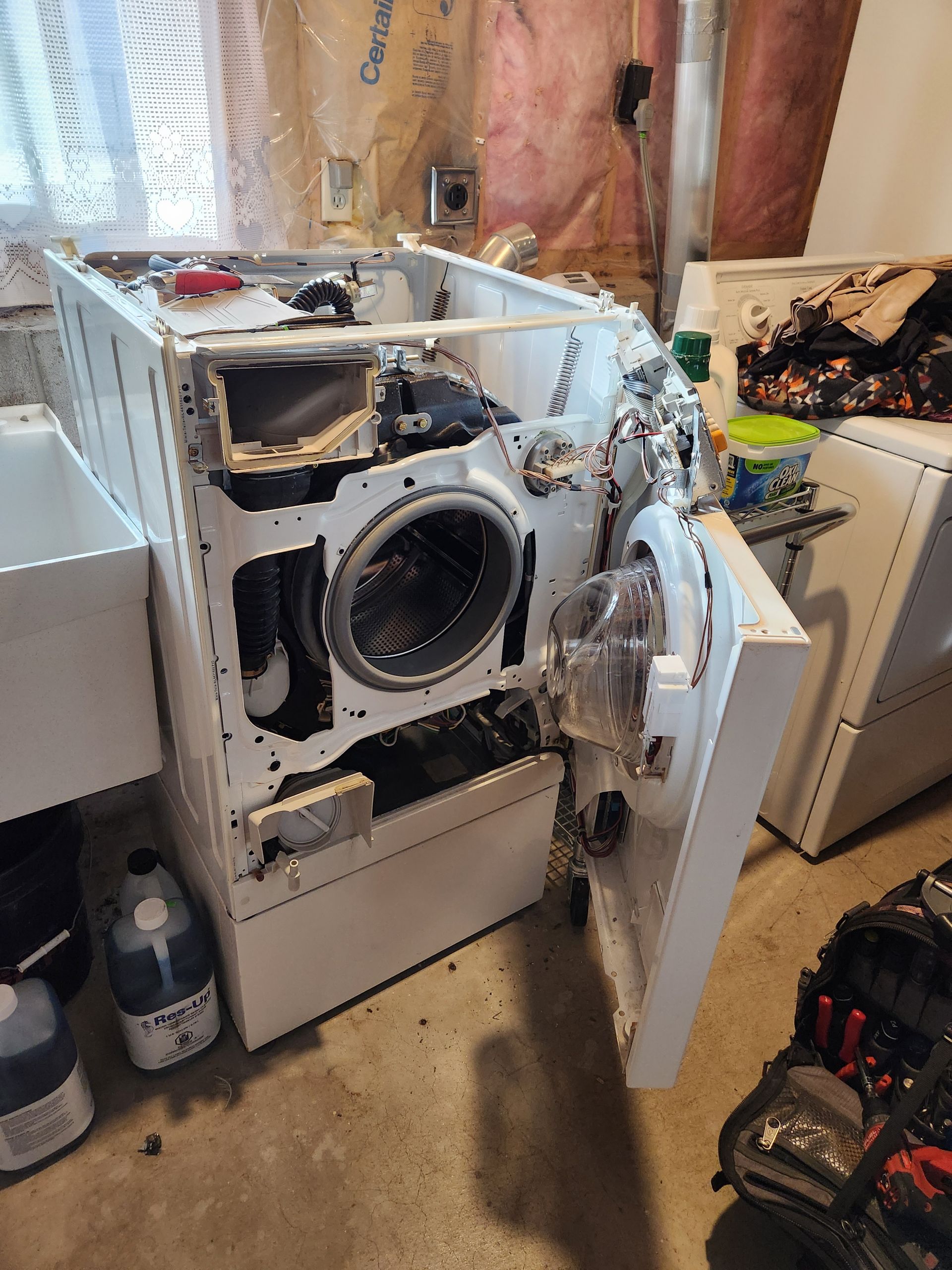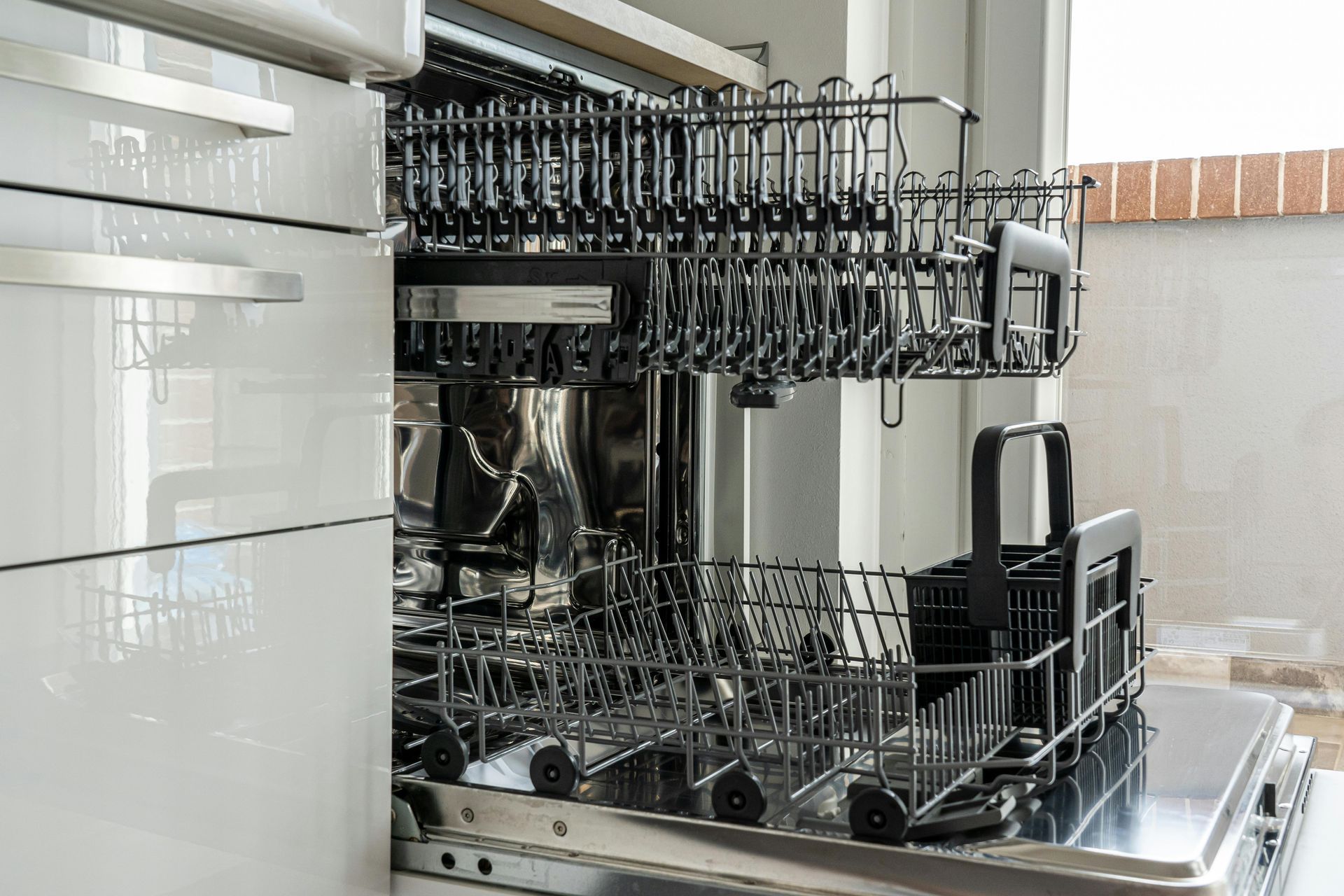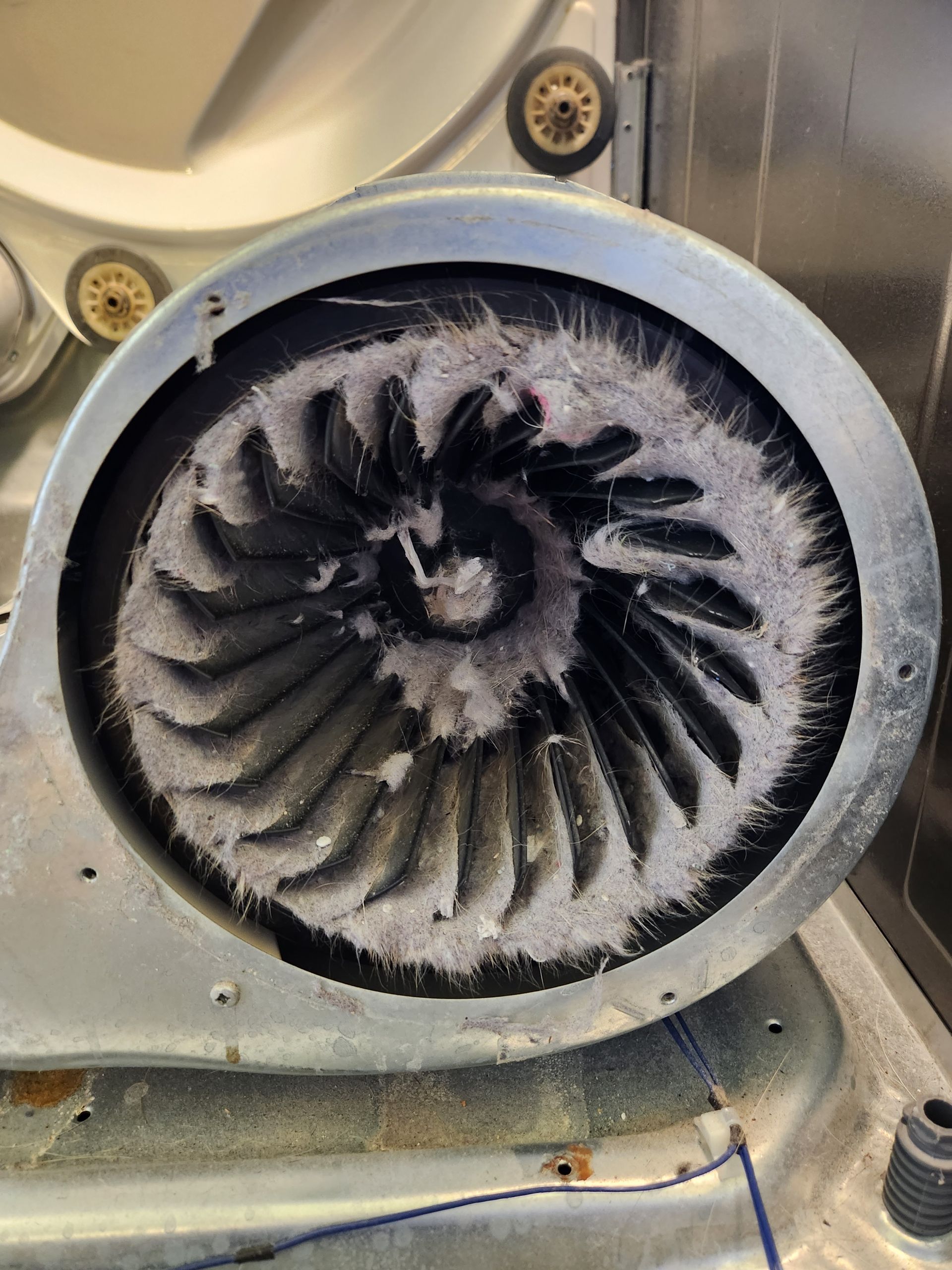Keep Your Garbage Disposal Running Smoothly: Pro Tips from an FIXSOTA Repair Technician
As an experienced appliance repair technician, I've seen my fair share of garbage disposal issues. Many homeowners don't realize that a little preventive maintenance can go a long way in extending the life of their disposal and avoiding costly repairs. In this post, I'll share some expert tips to keep your garbage disposal running smoothly.
1. Run Cold Water When Using Your Disposal
One of the most common mistakes I see is people using hot water when running their garbage disposal. Always use cold water instead. Cold water helps solidify any grease or oils that may be in the disposal, allowing them to be chopped up and flushed away. Hot water can melt these substances, causing them to coat the disposal's components and potentially lead to clogs.
2. Grind Ice Cubes Monthly
This might sound strange but grinding ice cubes in your disposal once a month can help clean and sharpen the blades. The ice acts as a mild abrasive, scrubbing away any built-up residue on the blades and disposal walls. For an extra boost, freeze vinegar in an ice cube tray and use these instead of regular ice cubes.
3. Avoid Putting Fibrous or Starchy Foods Down the Disposal
Certain foods can wreak havoc on your garbage disposal. Avoid putting these items down the drain:
- Fibrous foods (celery, corn husks, onion skins)
- Starchy foods (potato peels, rice, pasta)
- Coffee grounds
- Eggshells
- Large bones
These items can wrap around the blades, create a paste-like substance, or simply overwhelm the disposal's grinding capabilities.
4. Clean Your Disposal Regularly
A clean disposal is a happy disposal. Once a week, put a handful of baking soda down the drain, followed by a cup of white vinegar. Let it fizz for a few minutes, then flush with cold water. This natural cleaning method helps eliminate odors and keep your disposal fresh.
5. Don't Overload Your Disposal
Feed waste into the disposal gradually, rather than stuffing it full all at once. Overloading can strain the motor and lead to jams or burnouts. If you have a lot to dispose of, do it in batches with plenty of cold water.
6. Listen to Your Disposal
Pay attention to the sounds your disposal makes. If you hear any unusual grinding, rattling, or humming noises, stop using it immediately and investigate. A foreign object may have fallen in, or there could be a mechanical issue brewing.
7. Know When to Call a Professional
While these maintenance tips can help prevent many issues, sometimes professional help is necessary. If your disposal is consistently clogging, making strange noises, or not turning on at all, it's time to call in an expert. Attempting complex repairs yourself can be dangerous and may void your warranty.
By following these professional tips, you can keep your garbage disposal in top shape, avoid costly repairs, and extend its lifespan. Remember, a little preventive maintenance goes a long way in keeping your kitchen running smoothly.
